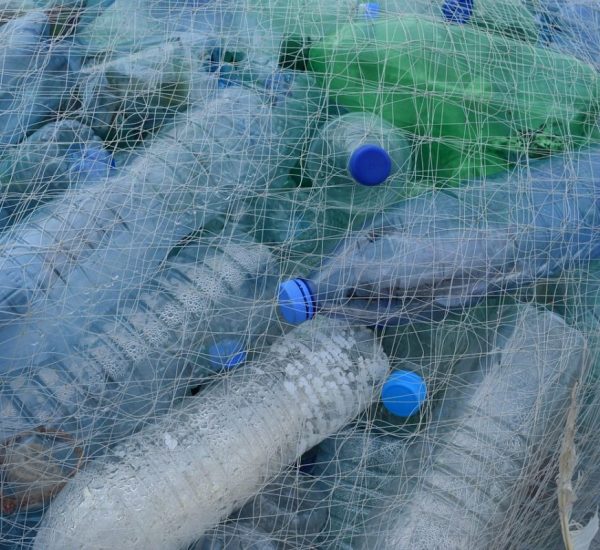The Neptune Waste Management Systems are used in operating room (OR) suites and surgical facilities to collect and dispose of surgical fluid waste. Some models also remove smoke generated at surgical sites by electrocautery or laser devices. In 2012, the manufacturer of these systems issued a voluntary class I recall. The Food and Drug Administration (FDA) defines class I recalls as those issued in situations in which there is a reasonable probability that the use of or exposure to a product will cause serious adverse health consequences or death.
The Neptune 1 Silver and the Neptune 2 Ultra recall occurred in response to reports of serious injury and patient death due to tissue damage resulting from incorrect use of the system. The systems themselves were not deemed to be unsafe; rather, they had been used improperly. That is an important distinction to make. When used improperly, surgical suction with any device can cause:
- Hemorrhaging
- Soft tissue, muscle, and vital organ damage
- Serious injury and/or death
“The systems themselves were not deemed to be unsafe; rather, they had been used improperly. That is an important distinction to make.”
The FDA was concerned that hospital staff had not been adequately educated about these issues or trained to use the Neptune systems properly.
The recall of the Neptune systems caused no shortage of chaos in OR suites across the nation. Hospitals were faced with risky and expensive decisions. Do they continue to use the Neptune system and add internal education and oversight? Or do they install all-new waste management systems, with unbudgeted dollars, time, and staff training? We saw organizations on both ends of the spectrum, with some facilities filing the required Certificate of Medical Necessity and continuing to use the device with added training and surveillance and other institutions that stopped using the system altogether.
As of February 2014, the FDA lifted its recall. The Neptune system manufacturer introduced product improvements and additional safeguards, including a hands-on continuing education program. The training addresses the science of volumetric pressures, safety considerations for the use of suction devices, suction applications, and the responsibility of the healthcare professional, as well as a workshop in the proper use of the Neptune system.
The Neptune recall is a reminder that when it comes to medical devices, a necessary component to ensure patient safety is adequate education of the professionals who use the device. Even if evidence shows that a device is safe and effective, patient safety can be compromised when it is used incorrectly or for the wrong types of patients.
Stay in the know with Hayes. at #HayesNews to see late-breaking healthcare developments. Current Hayes clients can sign up for email notifications from our News Service by logging into the clicking on My Hayes, and subscribing to receive Knowledge Center Updates.




